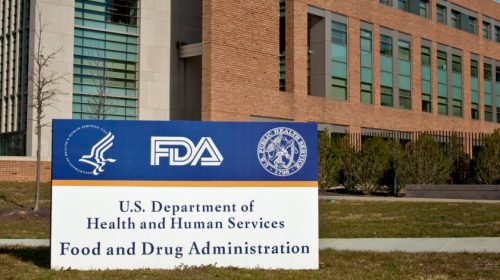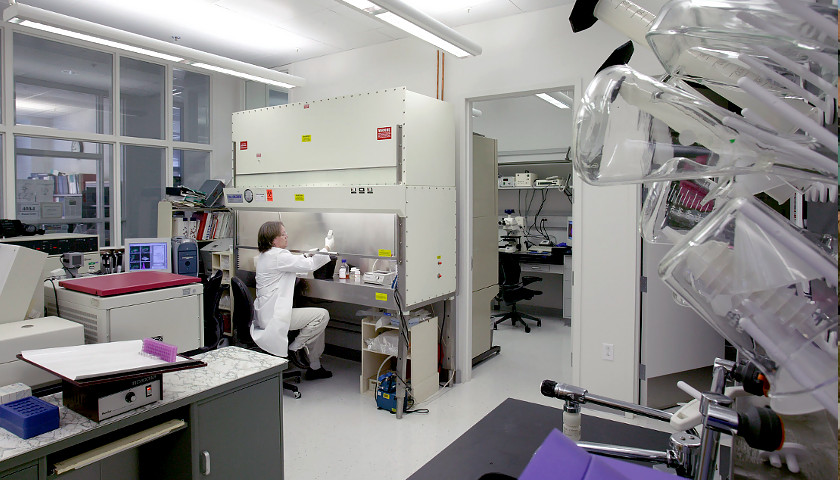by Mary Margaret Olohan
The United States Food and Drug Administration issued an emergency use authorization for donated anti-malaria drugs hydroxychloroquine sulfate and chloroquine phosphate as doctors say the drugs are showing positive results for coronavirus patients.
The FDA issued the authorization to allow doctors to distribute and prescribe the anti-malaria drugs to hospitalized teen and adult patients who have coronavirus, the Department of Health and Human Services said in a press release. Doctors may distribute and prescribe the drugs “as appropriate, when a clinical trial is not available or feasible.”
The emergency authorization was issued to the Assistant Secretary for Preparedness and Response’s Biomedical Advanced Research and Development Authority, which is working with the National Institute of Health to plan clinical trials of the drugs.
 “President Trump is taking every possible step to protect Americans from the coronavirus and provide them with hope,” said HHS Secretary Alex Azar in a Sunday statement. “Scientists in America and around the world have identified multiple potential therapeutics for COVID-19, including chloroquine and hydroxychloroquine.”
“President Trump is taking every possible step to protect Americans from the coronavirus and provide them with hope,” said HHS Secretary Alex Azar in a Sunday statement. “Scientists in America and around the world have identified multiple potential therapeutics for COVID-19, including chloroquine and hydroxychloroquine.”
Cholorquine and hydroxchloroquine are oral prescription drugs approved to treat malaria and some other diseases, HHS added.
“The President’s bold leadership and the hard work of FDA and HHS’s Assistant Secretary for Preparedness and Response have succeeded in securing this large donation of medicine,” he added. “We’ll continue working around the clock to get American patients access to therapeutics that may help them battle COVID-19, while building the evidence to evaluate which options are effective.”
 News of the FDA’s authorization came as Kansas City–area physicians say the drugs have positive results for coronavirus patients. Dr. Jeff Coyler noted in a Wall Street Journal op-ed that in-vitro studies and initial clinical reports support the drugs’ success in treating the virus.
News of the FDA’s authorization came as Kansas City–area physicians say the drugs have positive results for coronavirus patients. Dr. Jeff Coyler noted in a Wall Street Journal op-ed that in-vitro studies and initial clinical reports support the drugs’ success in treating the virus.
Coyler said that physicians are using the drugs, which he abbreviates to HC and AZ, to treat patients with advanced coronavirus symptoms. They do so through a regimen from a recent French open-label trial, which Coyler says doctors “may modify in any given case.”
“After the 2002-03 global outbreak of SARS, a coronavirus related to the one that causes Covid-19, an in vitro study conducted by doctors from the Centers for Disease Control and Prevention identified chloroquine (a relative of HC) as an attractive option for prevention and treatment,” he wrote.
He added: “If added before the virus was introduced, the drug was highly effective in preventing cellular infection. Even later application markedly inhibited infection. Another contemporaneous study showed similar results. As for Covid, a Chinese study published March 9 showed HC has excellent in vitro effects. Other recent information suggests potential antiviral mechanisms of HC and chloroquine.”
– – –
Mary Margaret Olohan is a reporter at Daily Caller News Foundation.




